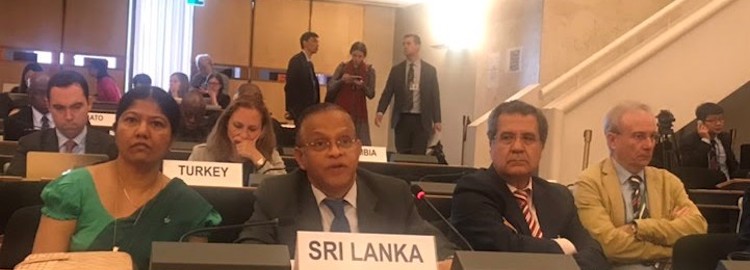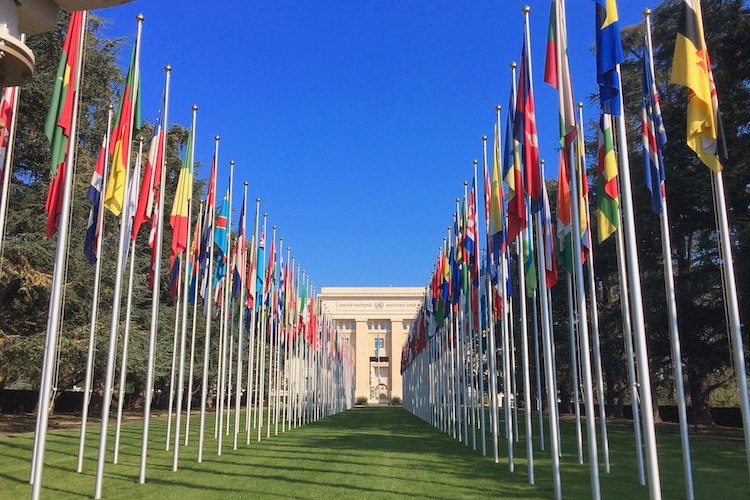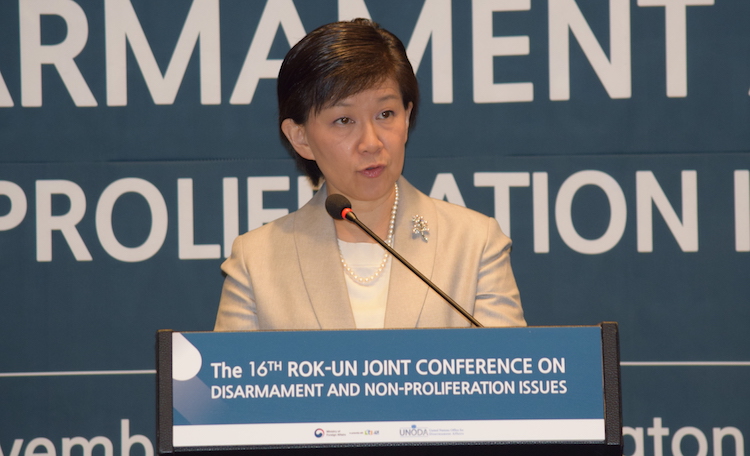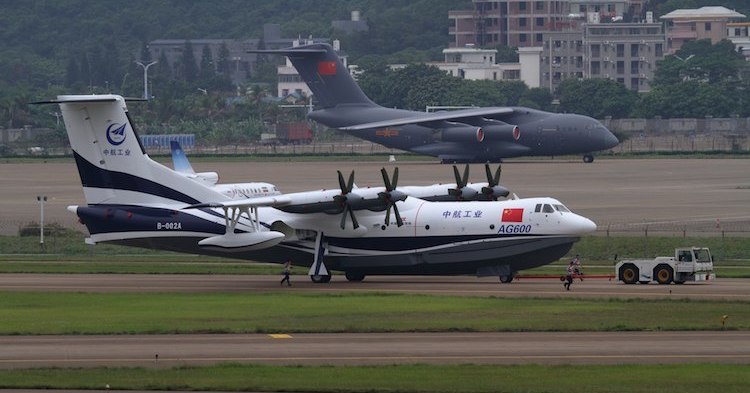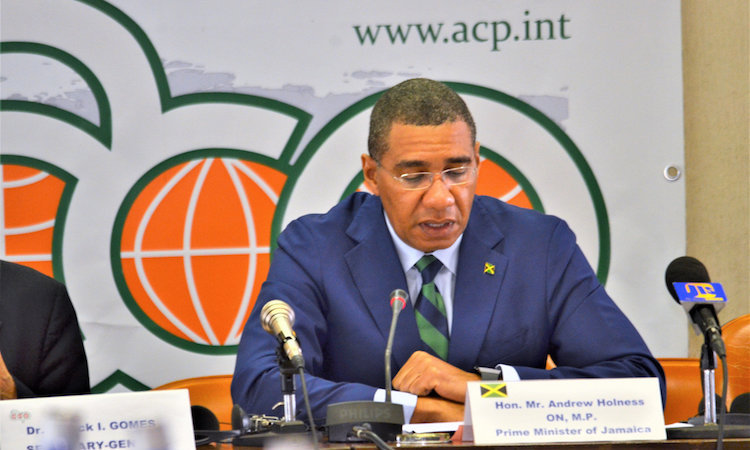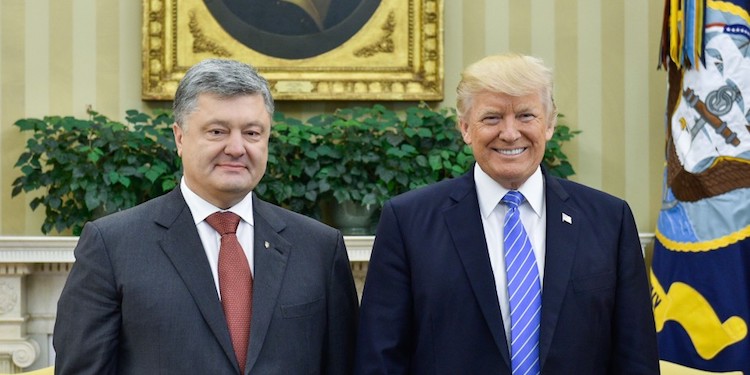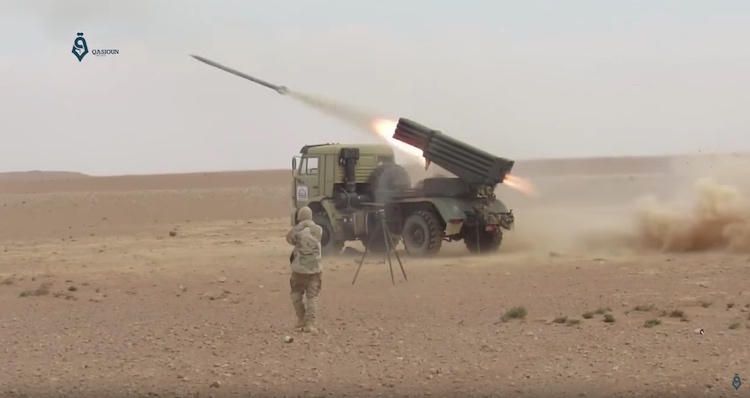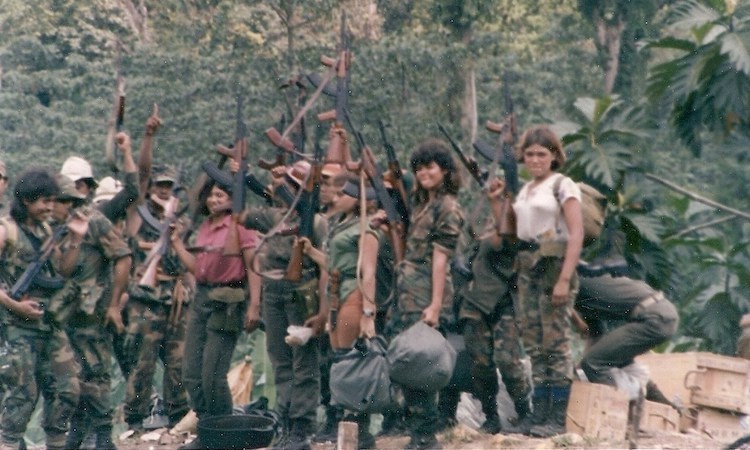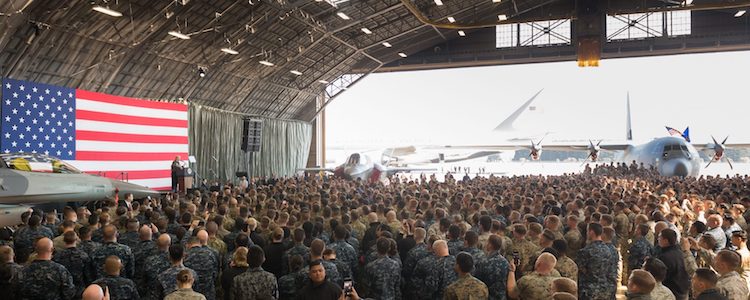By Ambassador A.L.A. Azeez Following are extensive excerpts from the Statement by Ambassador A.L.A. Azeez, Sri Lanka’s Permanent Representative to the UN in Geneva, at the Second Session of the Preparatory Committee for the 2020 NPT Review Conference from April 23 to May 4, 2018. He called on all nuclear-weapon states to commit to the […]
U.S. Charm Offensive Takes Center Stage in Geneva
Viewpoint by Rick Wayman The writer is Programs Director of the Nuclear Age Peace Foundation (NAPF). In April 2016, he received the ‘Activist of the Year’ award from the Alliance for Nuclear Accountability (ANA) for “dynamic leadership in bringing the Marshall Islanders’ Nuclear Zero litigation to world attention, activating the next generation of peace leaders, […]
Nuclear-Weapon States Leading ‘A New Qualitative Arms Race’
By Izumi Nakamitsu Following are extensive excerpts from a statement by Izumi Nakamitsu, UN Under-Secretary-General and High Representative for Disarmament Affairs to Second Session of the Preparatory Committee for the 2020 NPT Review Conference from 23 April to 4 May 2018 in Geneva. – The Editor GENEVA (IDN-INPS) – Secretary-General Guterres is currently developing his […]
Back to the Past with Trump’s National Security Strategy – Part 4
Viewpoint by Michele Nobile* This is the fourth of a four-part article looking at the approach to Russia and China in the national security strategy of the United States under the administration of President Donald Trump. The article is a follow-up to the five-part article by the same author on ‘US Foreign Policy and Trump’s […]
Forward To a New Vision for the ACP Group
By Andrew Holness Prime Minister Andrew Holness of Jamaica delivered a strong message on ACP solidarity in preparation for new relations with the EU when he addressed the Committee of Ambassadors of the 79-member African, Caribbean and Pacific Group of States in Brussels on 16 April 2018. Following are extensive excerpts from his remarks, which […]
Back to the Past with Trump’s National Security Strategy – Part 3
Viewpoint by Michele Nobile* This is the third of a four-part article looking at the approach to Russia and China in the national security strategy of the United States under the administration of President Donald Trump. The article is a follow-up to the five-part article by the same author on ‘US Foreign Policy and Trump’s […]
An End to Outside Intervention Will Help End War in Syria
Viewpoint by Jonathan Power* LUND, Sweden (IDN-INPS) – 500,000 dead and counting. President Bashar al-Assad is going full blast at reducing the parts of his country still standing, but not under his control, to rubble. Russia hangs on his tail, providing both planes and soldiers but seemingly unable to wag the dog. The US launches, […]
Back to the Past with Trump’s National Security Strategy – Part 2
Viewpoint by Michele Nobile* This is the second of a four-part article looking at the approach to Russia and China in the national security strategy of the United States under the administration of President Donald Trump. The article is a follow-up to the five-part article by the same author on ‘US Foreign Policy and Trump’s […]
Back to the Past with Trump’s National Security Strategy – Part 1
Viewpoint by Michele Nobile* This is the first of a four-part article looking at the approach to Russia and China in the national security strategy of the United States under the administration of President Donald Trump. The article is a follow-up to the five-part article by the same author on ‘US Foreign Policy and Trump’s […]
Reflection on Today’s World and Our Era
Viewpoint by Michele Nobile* The author wrote this as a reaction to the article by Roberto Savio entitled ‘Ten Reflections on the Crisis‘ which was published by IDN on 8 April 2018. – The Editor ROME (IDN) – The reflections of Roberto Savio touch problems which have roots that are not recent and have become […]

